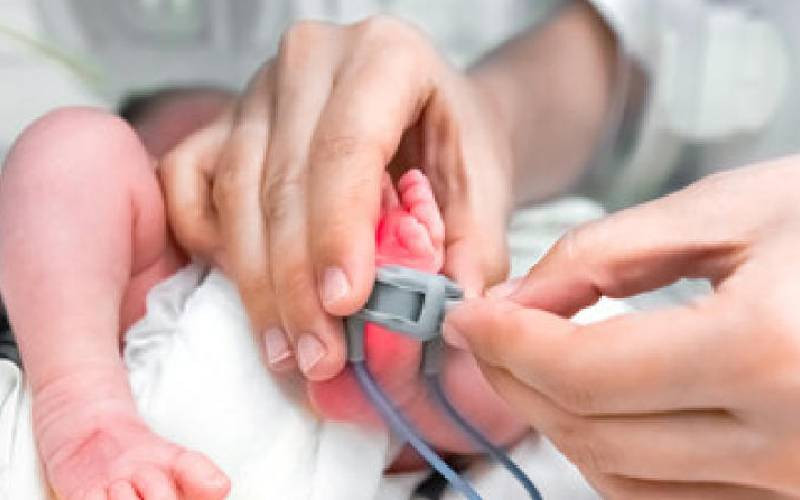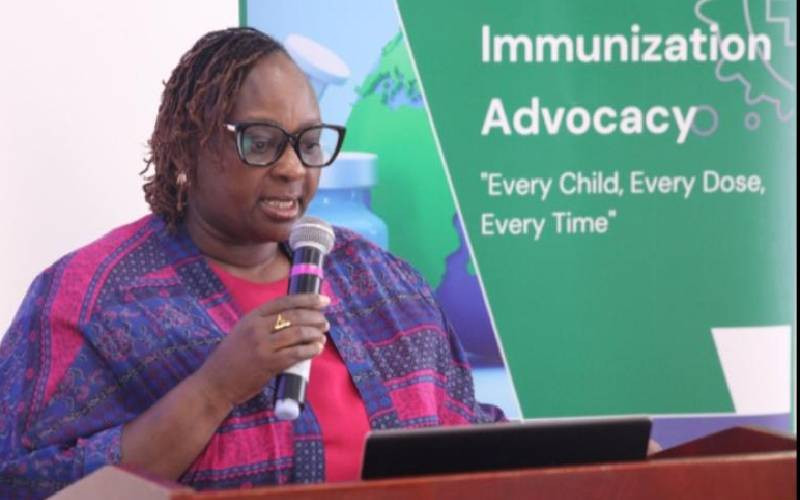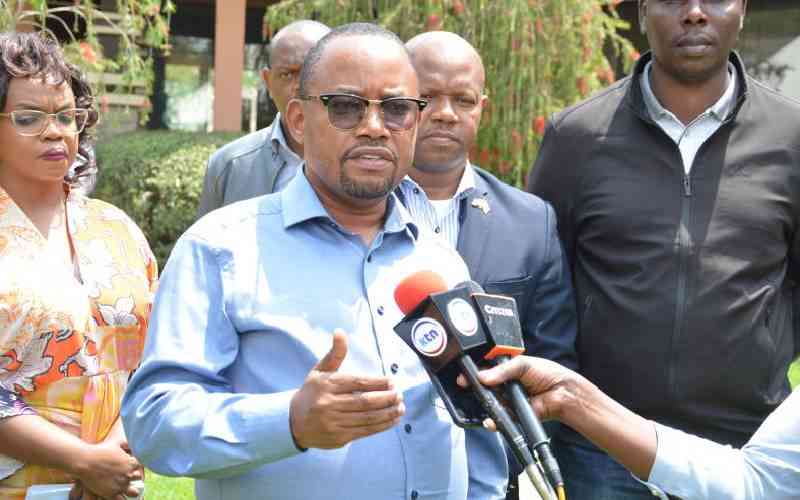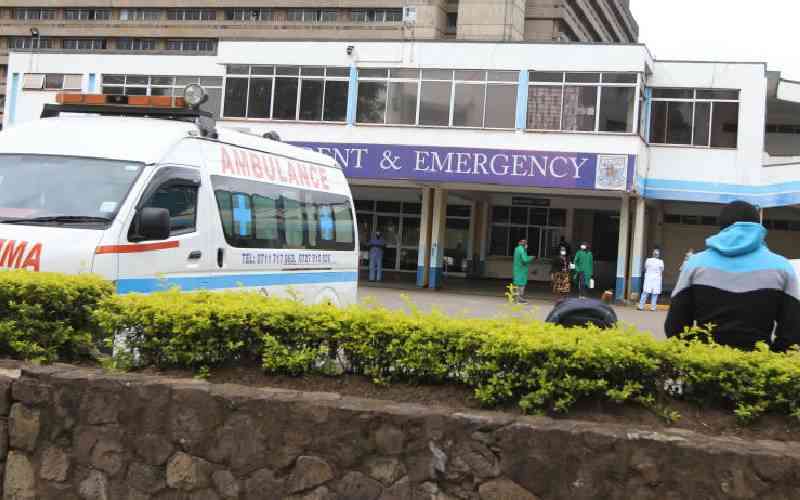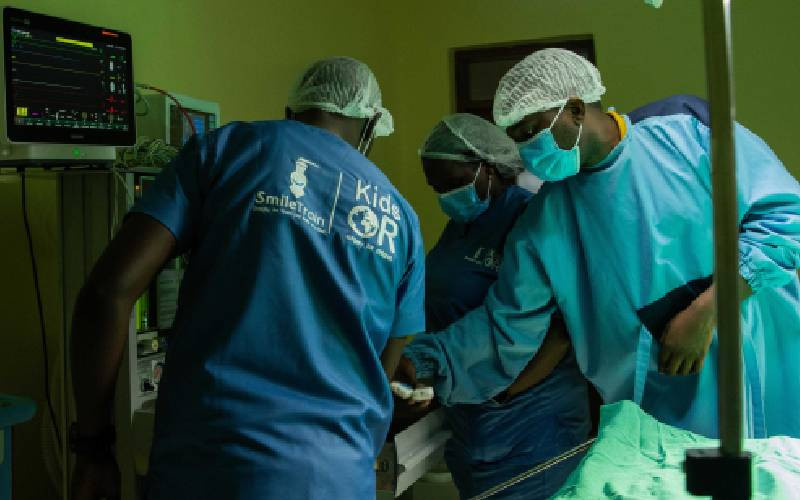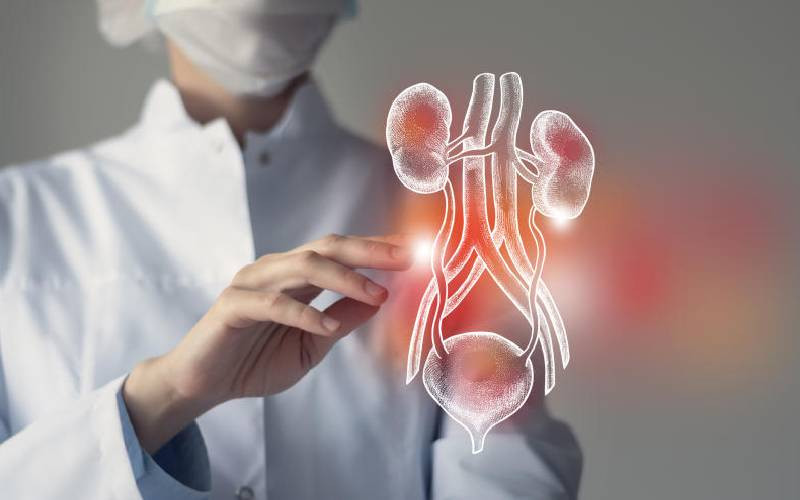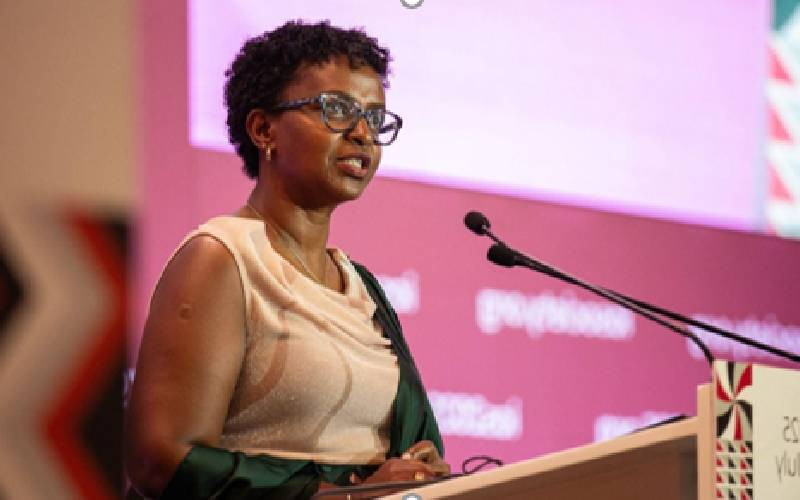
For decades, Africa's role in HIV research was framed as that of a peripheral "host, not driver". The just-concluded 2025 International Aids Society (IAS) conference in Kigali made it unmistakably clear: that era is over. African scientists are now designing clinical trials, steering analysis and defining the questions that matter. Africa is not just at the table; it is building it.
Clinical trials are carefully structured studies that test whether new treatments, products or vaccines are safe and effective in people. They are a critical part of medical discovery and are now playing a significant role in accelerating the global search for an effective HIV vaccine.
Globally, an estimated 40.8 million people are living with HIV in 2024, with more than half residing in Africa. Yet for every research dollar spent globally, African institutions capture only a fraction, despite contributing the majority of participants and critical insights. Despite these historical inequities, the continent is emerging as a hub of scientific leadership, fundamentally reshaping how HIV prevention research is conducted worldwide.
Recently, IAVI, a global non-profit scientific research organization, announced that the initial doses of an investigational HIV vaccine candidate have been administered as part of a Phase 1 clinical trial underway in South Africa and Zimbabwe. The trial aims to evaluate the safety and immune response of the vaccine candidate, known as the Gorilla Adenovirus Vectored HIV Networked Epitopes Vaccine (GRAdHIVNE1), in individuals both with and without HIV.
Africa's leadership in HIV prevention and implementation science
This transformation is most clear in groundbreaking trials designed and led by African researchers. The HVTN 702, a large-scale efficacy trial that builds upon the RV144 Thai study, which was conducted in South Africa, and the PrEPVacc study across Uganda, Tanzania, South Africa, and Mozambique, exemplify this shift. They are both designed, implemented, and analyzed by African research consortia using community-centred approaches that achieved enrollment targets other regions struggled to meet.
Most notably, PrEPVacc represents a first-in-world model: combining pre-exposure prophylaxis (PrEP) with an HIV vaccine candidate in a single trial design. This reflects a broader rethinking of prevention science, where instead of siloed approaches, African researchers are testing integrated, layered strategies that reflect real-world prevention needs.
- Snakebites still a major public health concern in Kenya
- Economy and politics major contributors of child malnutrition
- Dogs on the trail of South Africa's endangered tortoises
- Lobby group flags digital content pushing smoking to African youth
Keep Reading
In the case of HVTN 702, although the vaccine candidate ultimately did not prove efficacious, the trial delivered critical immunological data about population-specific responses. That information is now guiding the development of next-generation vaccine strategies globally.
Building on research success through collective action
These landmark trials have not only transformed scientific approaches but also galvanized a broader movement toward African scientific ownership. The launch of the Kigali Call to Action in the run-up to the IAS 2025 conference was a defining moment. Co-signed by scientists, policymakers, and activists, it prominently emphasizes the need to localize and strengthen research capability and build African ownership in HIV science. The call-to-action urges stakeholders to move beyond dependency and embrace regional and national leadership by investing in African research infrastructure, strengthening local institutions, and embedding community-led science across all levels.
However, the call-to-action also challenges us to examine whether current models of "global solidarity" truly serve African communities. Scientific breakthroughs mean very little if they do not reach those who need them most. While clinical trials and advances in biomedical research offer hope, the deeper question remains: why do these innovations still fail to reach Africa's most affected communities? Civil society voices continue to demand answers, exposing how promises of "shared responsibility" often mask persistent inequities in access and delivery.
Investing in African research infrastructure
The solution lies in genuine investment in African scientific capacity. Real progress, therefore, must go beyond symbolic inclusion. It requires putting more resources into African science, research institutions, and leadership. When research is well conduced locally, the solutions are more likely to be effective and efficient because they are grounded in real challenges, contextually relevant, and culturally appropriate and sustainable.
By investing in Africa's research and implementation capacity, we not only accelerate access to life-saving innovations but also ensure that health priorities are shaped by those who understand these needs best. This leads to better policy alignment, faster responses to emerging threats, and a reduction in mortality and morbidity across the board.
Exemplifying this vision in practice
African-led institutions are already demonstrating what this investment can achieve. The Centre for Impact, Innovation and Capacity Building for Health Information Systems and Nutrition (CIIC-HIN), established during the COVID-19 pandemic, is demonstrating how African-led research can inform policy and strengthen health systems. As the implementation science arm of the African Knowledge Institute for Innovation & Scientific Advancement (AKIISA), the Centre works across three core pillars: research, and evaluation, capacity development, and health innovation, translating evidence into action.
Complementing this work, AKIISA's Platform for Africa Clinical Trials (PACT) project addresses Africa's chronic under-representation in global research by specifically designing, hosting, and supporting clinical trials tailored to the continent's populations, diseases, and healthcare contexts. This platform extends its expertise as Contract Research organization (CRO) that is overdue in Africa in supporting the conduct of clinical trials with additional lens of supporting community where research is conducted.
With the continent's push towards strengthening its health security through the establishment of continental institutions such as Africa CDC, it is critical for home-grown organizations such as AKIISA to be mainstreamed in these efforts. They are a key building block to establishing a stronger public health workforce and a robust innovation and entrepreneurial healthcare sector that creates employment for young people.
Moving forward despite challenges
Even as these institutions demonstrate African research leadership, challenges remain. The global funding crisis, triggered by the abrupt cut in U.S. aid in early 2025, was a recurring theme throughout IAS 2025. Yet even amid funding shortfalls, political uncertainty, and structural challenges, the message from African researchers was defiant: we are not retreating. Instead, we are advancing solutions that serve the continent and the world, even in the face of uncertainty.
As we look ahead to the upcoming International AIDS Conference (AIDS2026) in Rio, the challenge is clear: turn conversations into commitments, scale the solutions discussed in Kigali, and fund partnerships rooted in African ownership. It is critical that we carry the energy of this moment forward for every person living with HIV, for every person vulnerable to it, and for equity in the global response.
The writer is the Founder and Chief Executive Officer of the Centre for Impact, Innovation and Capacity building for Health Information systems and Nutrition
 The Standard Group Plc is a multi-media organization with investments in media
platforms spanning newspaper print
operations, television, radio broadcasting, digital and online services. The
Standard Group is recognized as a
leading multi-media house in Kenya with a key influence in matters of national
and international interest.
The Standard Group Plc is a multi-media organization with investments in media
platforms spanning newspaper print
operations, television, radio broadcasting, digital and online services. The
Standard Group is recognized as a
leading multi-media house in Kenya with a key influence in matters of national
and international interest.


